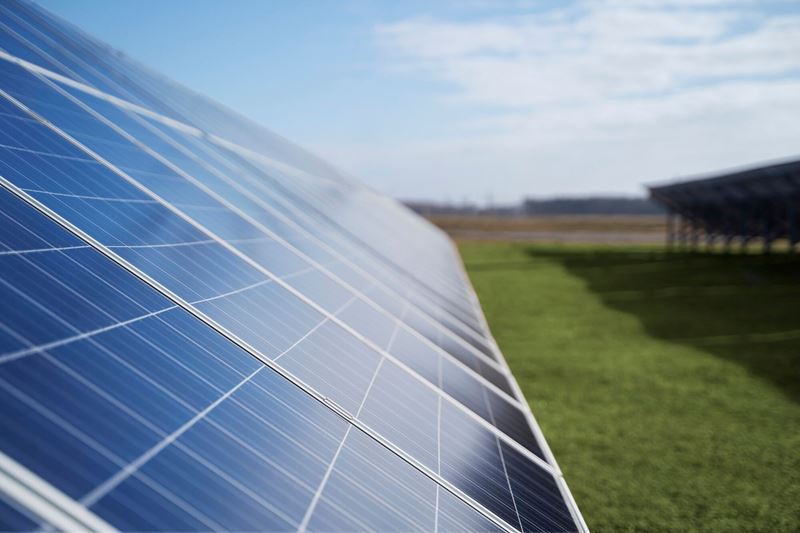The government plans to provide £21.7 billion (USD 28.5 billion) for the HyNet cluster in Northwest England and the East Coast cluster in the Humber and Teesside regions in the Northeast. These projects are central to the UK's drive to significantly reduce its emissions by 2030.
Strengthening the UK's position in global competition
Investment in these two priority clusters demonstrates the UK's commitment to the green energy transition. The HyNet cluster is led by Italy's Eni, and is expected to see the deployment of CCS technology and giant plants for hydrogen production from natural gas. The East Coast cluster is led by the Northern Endurance Partnership, a joint venture between energy giants Equinor, BP and TotalEnergies. These projects have the potential to attract around £8 billion of investment from the private sector.
The HyNet cluster is expected to be operational by 2027. Particularly noteworthy are the projects of Essar's subsidiary EET Hydrogen, which will include hydrogen production plants with a capacity of 350 MW and 700 MW. The production and use of hydrogen is said to be an important step towards industry. In this context, it is reported that the hydrogen produced at the Stanlow refinery will be transferred to industrial organizations in the region.
On the East Coast, Equinor's H2H Saltend project and BP's H2Teesside initiative stand out. With these projects, the UK aims to increase its hydrogen production capacity and reduce carbon emissions. In addition, BOC, a subsidiary of Linde, is expected to be linked to CO2 storage projects.
According to Celia Greaves, President of the Hydrogen Energy Association, these investments are an important step towards the UK's long-term energy transition plans, strengthening the UK's claim to leadership in hydrogen energy. Funding for CCS and hydrogen projects will pave the way for the industry, ensuring long-term energy security and the widespread adoption of low-carbon generation technologies.
This major move by the UK in the field of carbon capture and hydrogen production will not only help the country to meet its own energy needs, but also to gain an important position in global competition. With these projects, the UK will both contribute to the goal of reducing carbon emissions and offer innovative solutions in the energy transition.











Comments
No comment yet.